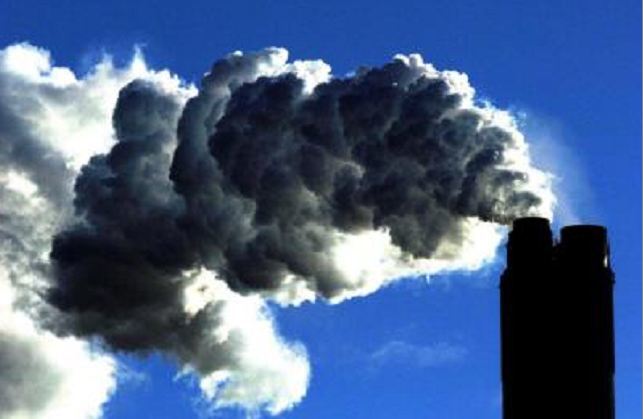
The UK has been the most successful of the G7 group of wealthy nations in boosting its economy and cutting climate emissions in the past 25 years, a report suggests.
In the quarter of a century since the signing of the United Nations climate convention at the Rio Earth Summit, UK economic output per person has more than doubled, Organisation for Economic Co-operation and Development (OECD) data show.
The increase is the biggest of major nations in the G7, which also include the US and Germany.
Over the same period, the UK has cut its per-capita carbon dioxide emissions by a greater percentage than any of the rest of the group of industrialised nations, data from the International Energy Agency (IEA) reveals.
The average Briton’s carbon footprint is now 33% less than in 1992 and they are more than 130% richer, according to the report from the Energy and Climate Intelligence Unit (ECIU), which highlights the trends.
It points to a number of reasons for the shift, including the 1990s “dash for gas” power, a switch to a more services-based economy, policies since the Climate Change Act was introduced in 2008, energy efficiency schemes and cutting methane from landfill sites.
The report also questions the notion that the UK has simply shifted its emissions overseas, with more products bought from manufacture in countries such as China where the greenhouse gas output is then counted.
Government data shows these so-called imported emissions peaked in 2007 before the financial crisis and are now, per person, almost exactly what they were in 1997, the study said.
But Professor John Barrett, of Leeds University, an expert on imported emissions, said: “The UK’s imported emissions remain very high in comparison to other developed countries and there is further action that could be taken, including low-carbon technology transfer and the more sustainable use of imported materials and products.”
The report was launched to coincide with Mission2020, an initiative by former UN climate chief Christiana Figueres, which aims to have global greenhouse gas emissions declining by 2020.
Richard Black, director of the ECIU, said the study showed “if you have consistent policymaking and cross-party consensus, it’s perfectly possible to get richer and cleaner at the same time” and that it was achievable for global emissions to start falling soon.
Lord Howard, ECIU advisory board member, was the UK environment secretary under prime minister John Major and negotiated the UN convention in 1992 .
He said: “Before we signed the UN climate convention 25 years ago, Sir John Major and I were firmly of the view that reducing Britain’s greenhouse gas emissions would not harm our economy.
“This analysis shows that we were right and the doom-mongers wrong.”
Recommended for you
